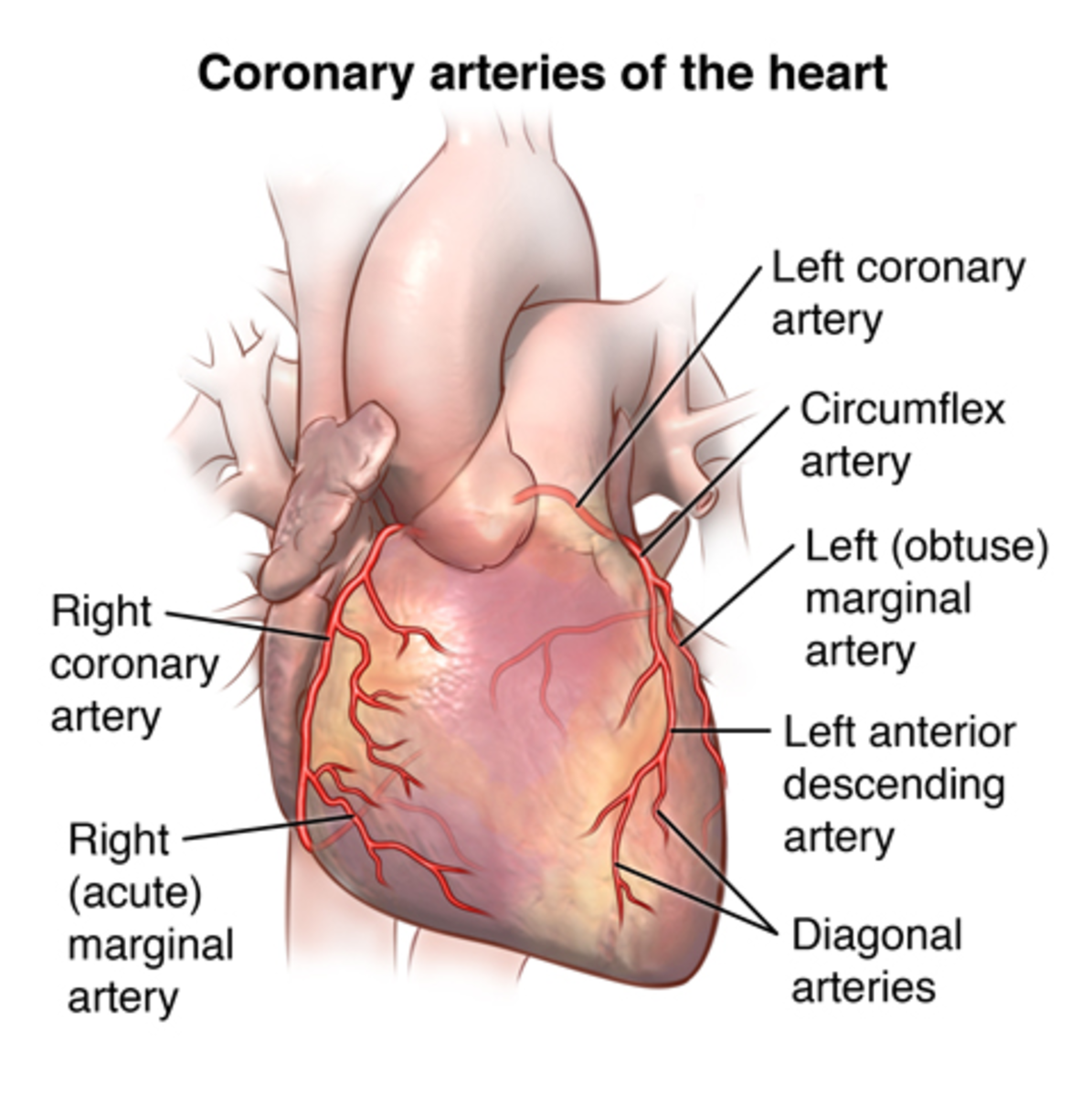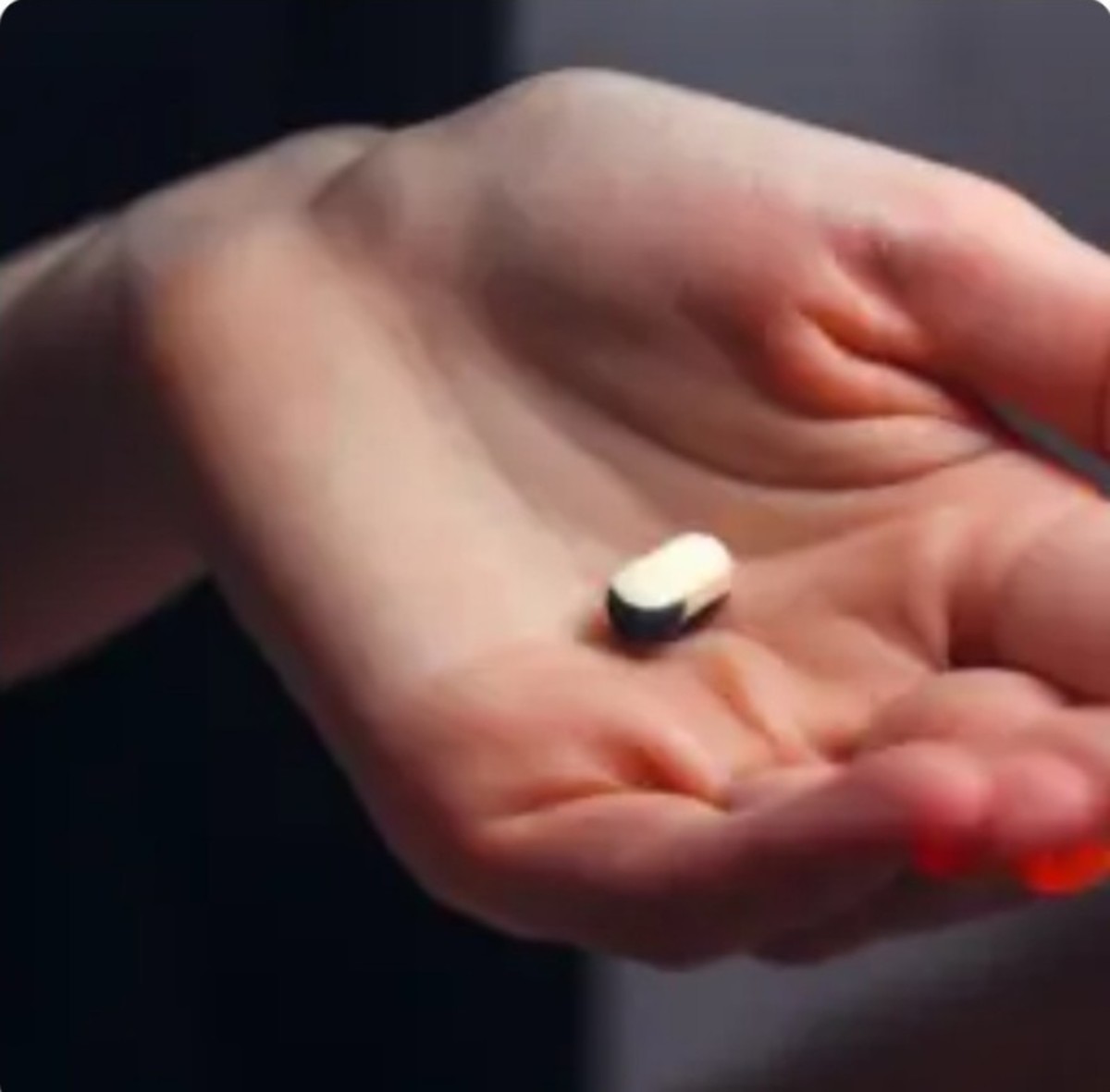Donating Blood: What You can Expect
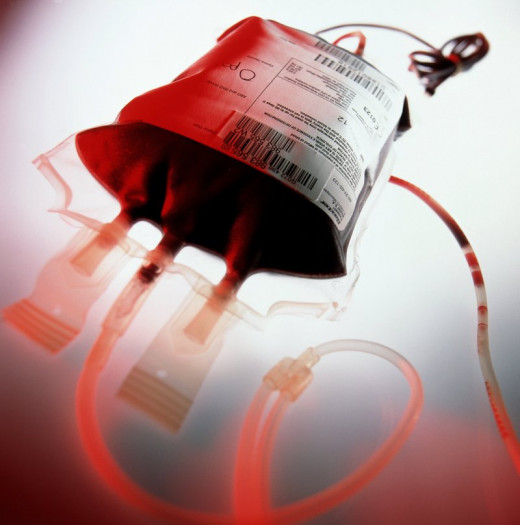
There are really only a few things in this world that I’m borderline phobic of: clowns, razor blades, falling, and peoples’ insides being…well…not inside them! As far as I’m concerned, my blood may as well be neon green. If I’m doing things correctly, I should never have reason to see it!
But this month I challenged myself to overcome my “squeamish” tendencies when my college campus hosted a blood drive.
When my friends asked me to support them by signing up to donate, too, I really wanted to weasel my way out of it. But the ever-nagging voice in the back of my head was telling me it was time for this pansy to become a “mansy”.
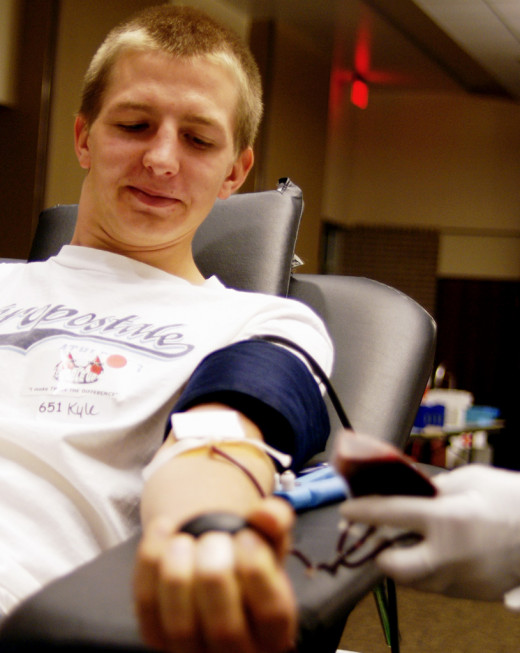
Why should you give blood?
First of all, let me emphasize that giving blood is a donation, and nobody is forcing you to do it. If you read this and decide that you’d still rather not give blood, neither I nor anyone else will hold it against you.
But what could a donation of your blood do?
Women undergoing complications in childbirth; people suffering from anemia, malaria, and malnutrition; and many trauma, cancer, and surgical patients rely on transfusions of donated blood...and that's just the tip of the iceberg!
Have you ever wanted to be a super hero? By donating your blood, can help save lives. Donating blood is giving the gift of life to someone who needs it. You can be a real hero in the life of one of these many people! No tights necessary!
But before you try donating, make sure you're in good health. If you have an iron deficiency or low blood pressure for example, donating blood is probably not a good idea. If you aren't sure whether or not you're healthy enough to give blood, talk to your doctor first. Don't take chances.
Did you know?
|
|---|
There is significant evidence that donating blood can be as beneficial to the donator as it is to the receiver. Studies have shown that donating blood can lower risk of cardiovascular disease, heart attack, and even cancer.
|
How to prepare...
I don’t know about you, but before walking in to donate blood, I’d heard plenty of blood drive horror stores—you know, the ones where some guy goes unconscious for long periods of time, projectile vomits, or has the needle come lose and spray blood everywhere.
Don’t let these myths deter you—many of them are bogus or the result of a donor being poorly prepared to donate.
The first thing I learned while preparing to donate blood is that you can seriously reduce your chances of feeling faint, dizzy, and nauseous by doing these things beforehand:
- Be drinking plenty of water. A very large percentage of human blood is comprised of water. It’s important that you keep plenty of fluids in you to replace those that you’ll be losing. This will also act to keep your blood pressure up, reducing your chances of feeling faint or dizzy. I’d strongly recommend staying away from soda, coffee, and other caffeinated beverages. Stick to water. It’s your best friend!
- Get plenty of sleep. Some people may feel faint, weak, or tired when giving blood. This is why you should get a good night’s sleep before donating. This will help you stay more comfortable while donating.
- Eat something 1-2 hours before donating. This was a shocker for me. Being the squeamish case that I am, when I consider doing something that might make me feel dizzy or nauseous, food is usually the last thing on my mind. But eating beforehand will keep your blood sugar levels stable and help you feel better afterward! Avoid eating junk foods (or food high in fat), as these may make it hard to get accurate readings on your blood.
- Have your ID ready. No matter where you’re donating, you’re going to be asked to provide some form of identification. A driver’s license is sufficient for this. You will also want to have your social security number handy.
If you don't know your blood type, don't worry! I didn't know mine beforehand, either! During the preliminary testing of your blood, you will be told your type and this will be reflected on your official donor card (mailed to you later if it's your first time donating).
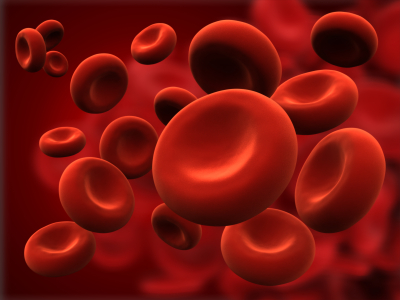
Going through the preliminaries…
Before your blood donation is collected, there are a few things that need to be taken care of. When you go to donate, you will be taken aside to go through some information with a nurse.
You will be asked for your personal information—name, birth date, address, etc.—which is mostly used for their personal records. If you do not already have one, a donor card will be made for you and mailed to you at a later date.
The nurse will then likely go through a series of questions to determine if you are eligible to donate. Don’t worry about this. It’s not like an algebra exam. You don’t need to study; just answer honestly!
After this you'll have your finger pricked so that your blood can be tested for iron content and blood type (if you don't already know yours). Donated blood must meet a minimum iron content to be accepted.
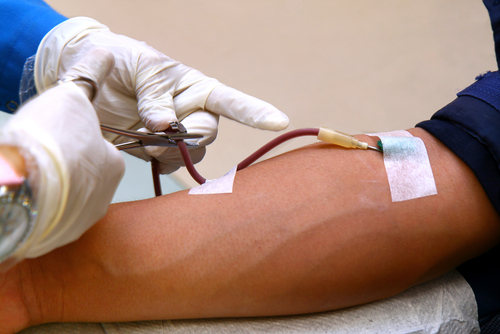
Looking for more information?
- Donating Blood | American Red Cross
The American Red Cross has a huge amount of information about donating blood and about the various ways in which donors can give. Check it out!
Whole Blood Donation
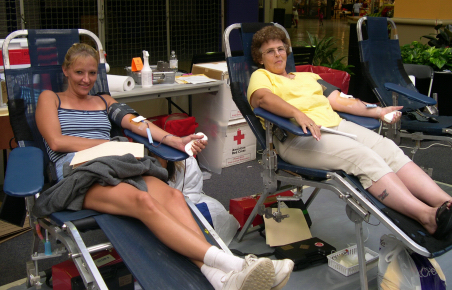
Donation by Apheresis
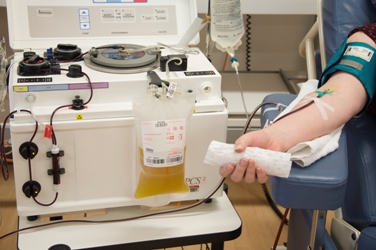
Your options...
After you've finished answering the nurse's questions and it has been determined that you are healthy and eligible to donate, you have a couple of options available to you. I had no idea at the time, but there are actually multiple ways to go about giving blood:
- Giving "whole blood". If you decide to give whole blood, you will have a needle inserted in the vein of your one forearm. About one pint of your blood will then be collected in a bag. This is what I chose to do. Depending on how fast you bleed (creepy to think about, I know), you could be done in only a few minutes (like I was), or you may take longer--but usually no more than ten minutes.
- Giving a double red cell donation. This process takes significantly more time than giving whole blood. Expect to spend at least half-hour donating. If you choose this method, you will be connected to an apheresis machine which will take your blood, collect red blood cells, and then return the plasma to your body. A double red cell donation allows donors to give twice the number of red blood cells than they would by giving whole blood.
- Giving platelets. This process is very similar to a double red cell donation. Only in this case, your platelets will be collected and everything else will be returned to you. This process takes quite a bit longer, though. If you're donating platelets, expect to spend between one-and-a-half and two-and-a-half hours donating.
- Giving plasma. This is actually the exact opposite of a double red cell donation. If you chose to give this way, you'll be hooked up to an apheresis machine which will collect your plasma and platelets and return your red cells to your body.
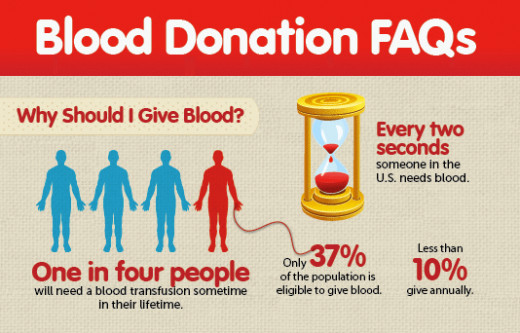
While donating...
The needle in the arm was what I thought was going to freak me out more than anything, but surprisingly I could barely feel it. In fact, this needle is most always covered by gauze so you won't have to lie there staring at it. The nurses at blood donation sites know that some people don't like needles...or pain. They'll do what they can to make this easier for you!
So at this point, you're either hooked up to an apheresis machine or you have a needle in your arm which is collecting your whole blood donation. Here are some things that will help make this process go smoothly:
- Clench your cheeks...not the ones on your face. This sounds really silly, but it can help keep your blood pressure up and reduce feelings of dizziness. Clench your rump muscles for a few seconds, and then release. You can also do this with your thigh muscles.
- Recline. If you're in a sitting position and are starting to feel uncomfortable or dizzy, ask a nurse to recline your chair for you!
- Ask for an icepack or water. Starting to feel hot and uncomfortable? Ask a nurse for an icepack. The nurses are very friendly and they want to help you be comfortable. Feeling hungry or thirsty? Donation sites almost always food and drink available--don't hesitate to ask for some!
If at any point you start feeling sick, dizzy, faint, or nauseous, let a nurse know right away! Again, they're here to help, so don't be afraid to ask them for anything!
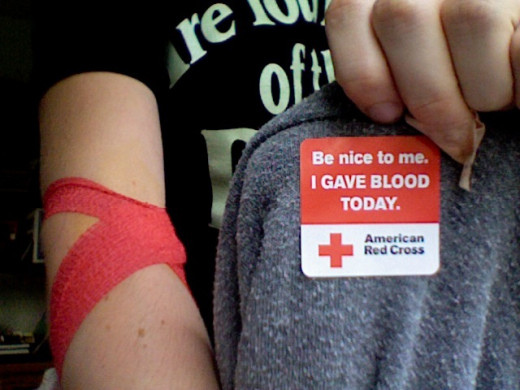
After donating...
Congratulations! Your donation is going to help save lives! Be proud!
After donating, most people feel faint, week, or tired. Take it easy for the rest of the day. One thing that will help you feel better is to have a good meal with lots of protein! Whatever you do, do not:
- Drive your car / operate heavy machinery. Don't risk blacking out behind the wheel. If you must go anywhere, have someone else drive for you. Your best choice, though, is to stay home and relax! Stay off of any heavy machinery until you've recovered!
- Exercise. Your body is already going through a lot as it's working to replace your lost cells. Don't put extra stress on your body during this time! Working out will make you feel sick and can cause you to injure yourself!
Be sure to stay hydrated--and that means drinking plenty of water! This will help you recover faster and keep you from feeling dizzy. Eating a meal high in protein afterward will also help you feel much better.
Now, something that can be a bit freaky for first-time donors is passing out while you're recovering. Don't worry, this happens to many people--especially in the hour or so after giving blood! Although, some people (like me) may still pass out even three or four hours after giving blood. Everybody is different, so don't be in a hurry to rush off and do anything! You don't want to end up passing out at work or at the grocery store!
Actually, I had to find this out the hard way. I live on my school's campus and decided to go get more food--totally underestimating the time it would take my body to recover. Silly me. As I was going to leave, I saw stars and dropped like a rock in the commons in front of a bunch of people! Yikes!
It was kind of embarrassing at first, but the next day I was laughing about it!
So what about you?
Is giving blood something you're willing to consider?
Come back soon!
Your full recovery shouldn't take longer than a day, but just to ensure your safety, you'll be asked to wait a certain amount of time before donating again. This waiting period may range from a week to three months, depending on what type of donation you gave.
But after this period is over, be sure to come back and donate again! You can be a hero in the life of another person! I'll definitely be going back to donate more blood on April 1!
All the best,
TwerkZerker

